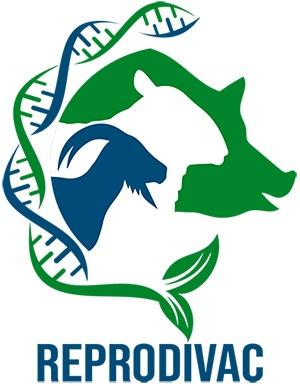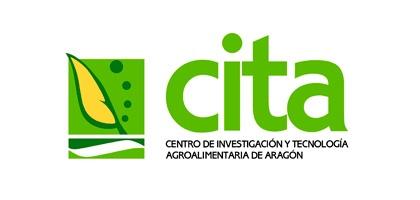REPRODIVAC - Next-generation vaccines and diagnostics to prevent livestock reproductive diseases of worldwide impact
Centro De Investigacion Y Tecnologia Agroalimentaria De Aragón
The Aragon Centre for Agri-food Research and Technology (CITA) is a public body attached to the Department for Science, Universities and the Knowledge Society of the Government of Aragón. CITA conducts research and develops technology for the agri-food, forestry and environmental sectors.
CITA’s objectives are:
- To produce quality scientific agri-food, forestry and environmental research.
- To foster innovation, technology development, training and knowledge sharing activities in these fields.
- To offer accurate and useful scientific information to private sector stakeholders, government and the general public.
Research carried out by CITA aims at increasing the sustainability, resilience and competitiveness of agri-food and forestry systems to face global change.
Among the four research areas identified in CITA’s Strategic Plan 2021-2023, the "One Health" approach that integrates the analysis of public health strategies, including ecosystems, plants and animals, with special attention to zoonoses, is central. One Health research at CITA aims at enhancing cooperation between public health, animal health and environmental health professionals through multidisciplinary approaches that address risk at the interface between humans, animals, plants and ecosystems.
CITA has three experimental farms that represent the main agro-ecosystems where agriculture and the livestock sector take place in Aragon: mountain areas, rain-fed, and irrigated agriculture.
Department of Animal Science
The animal science department is focused on optimising sustainable livestock systems. In the field of animal health, the department is renowned for its significant advances in epidemiological studies and in developing vaccines and diagnostic methods for the prevention and control of diseases such as brucellosis, salmonellosis and various parasitic diseases. Studies are also being carried out on epidemiology as well as the diagnosis and control of livestock diseases and zoonoses.
REPRODIVAC has received funding from the European Union’s Horizon Europe research and innovation programme under Grant Agreement No. 101060813. Views and opinions expressed are however those of the author(s) only and do not necessarily reflect those of the European Union or other granting authorities. Neither the European Union nor the other granting authorities can be held responsible for them.

REPRODIVAC has received funding from the European Union’s Horizon Europe research and innovation programme under Grant Agreement No. 101060813. Views and opinions expressed are however those of the author(s) only and do not necessarily reflect those of the European Union or other granting authorities. Neither the European Union nor the other granting authorities can be held responsible for them.


